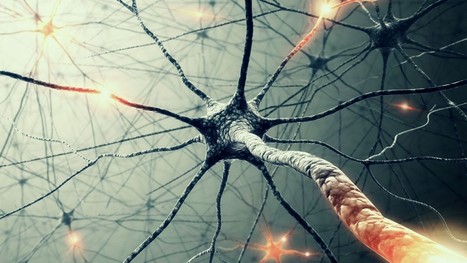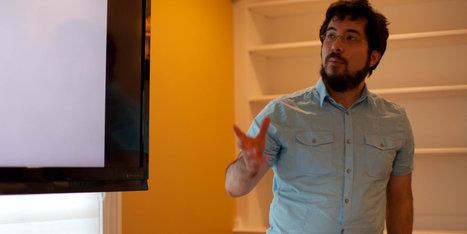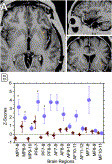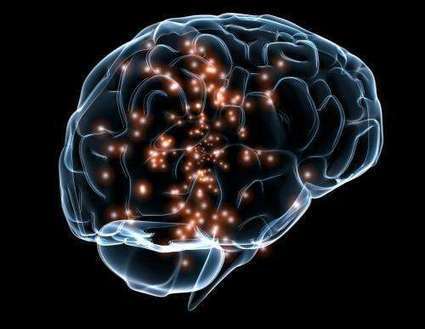<iframe src="https://player.vimeo.com/video/311918814"; width="640" height="360" frameborder="0" allowfullscreen></iframe>
Research and publish the best content.
Get Started for FREE
Sign up with Facebook Sign up with X
I don't have a Facebook or a X account
Already have an account: Login
 Your new post is loading... Your new post is loading...
 Your new post is loading... Your new post is loading...
|
|















Neural processes (yellow) and pre- and post-synaptic proteins (teal and magenta) in a mouse brain. Gao et al/Science 2019